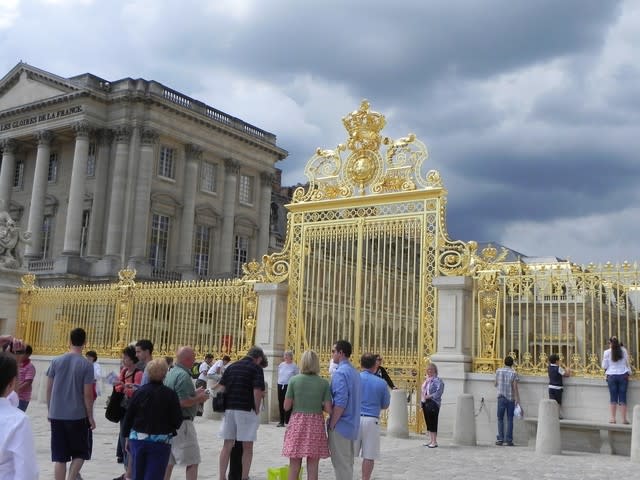
In War, Neither Freedom nor Democracy Can Be Preserved - War is Not a Game, It Creates a Hellish and Barren World of Unbearable Pain and Hatred
Observing the reaction of the Japanese people to Russia's invasion of Ukraine, it becomes clear that, ultimately, they have not changed at all from the pre-World War II era.
If this is the essence of being Japanese, perhaps it is only natural.
The Japanese have always loved war.
The United States, which fought against Japan, understood the deep psyche of the Japanese people, which is why they incorporated Article 9, the "renunciation of war," into the Japanese Constitution.
Douglas MacArthur, who ruled post-World War II Japan as the head of the Allied occupation forces, said in the U.S. Congress, "The Japanese are like 12-year-old boys," and he was probably right.
Thanks to Article 9 of the Constitution, Japan was able to restrain the unpredictable actions of the Japanese people, who knows what they would do if left alone. That's why Japan has been a peaceful country until now, or so it may seem.
However, when observing the Russian invasion of Ukraine, war-loving individuals began to clamor once again. It's just like in the past.
For them, it seems unbearable that Japan would become a military power in order to avoid war.
They are people who, in any case, seem to prioritize picking fights with neighboring countries they dislike, rather than becoming a military power. It's a misguided approach.
War is not a game.
It creates a world of unbearable pain and a chain of hatred, a truly barren world, like hell.
First and foremost, history is the history of the survivors.
For those lucky enough to survive, even a tragic war is nothing more than a game.
It's something to be proud of, having survived a harsh survival game.
However, for the dead, it is a world of nothingness.
No matter how sublime the ideals may be, no matter how exceptional one's personality or abilities may be, no matter how extraordinary one's appearance or physical abilities may be, there is no history that accurately conveys the way the dead lived.
Regardless of the reasons given, those who died in war were all wasted lives.
It's nothing more than a toast for those lucky enough to survive.
For those who died in war, they are nothing more than extras who added excitement to the tumultuous memories of the survivors on the battlefield.
Even if one fights for freedom and democracy, once they die, it's all over.
If one fights for freedom and democracy and loses their life, limbs, or eyesight, there is no freedom or democracy. The cost is too great.
Only the ruling class, who started the war knowing they would survive, can say to the citizens who have lost their families and homes or possessions, "You should be satisfied because freedom and democracy have been protected."
They are the only ones who can enjoy freedom and democracy in a world where there are no more nuisances.
For the subjugated common people, risking their lives to eliminate the "troublesome ruling class" who started a war that no one asked for might be preferable.
I may have become a bit extreme, but this is the cry of my father, who lost many things other than his own life in the Pacific War 80 years ago.
In the end, war is nothing more than a power game or entertainment for the arrogant ruling class who went to see the sunken Titanic and perished.




















